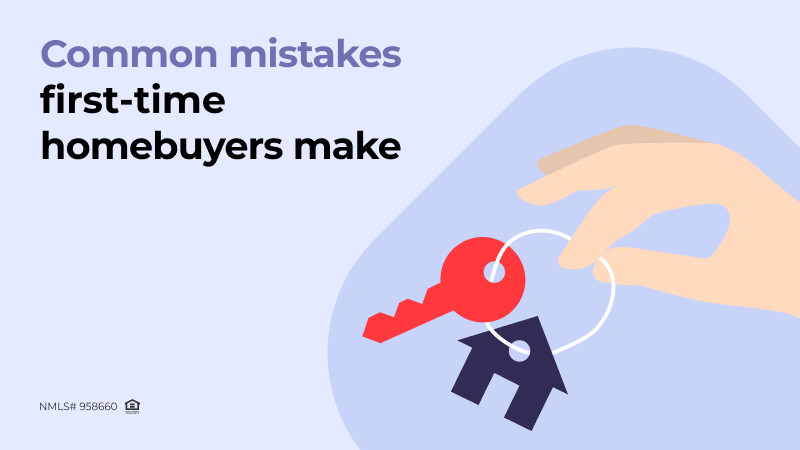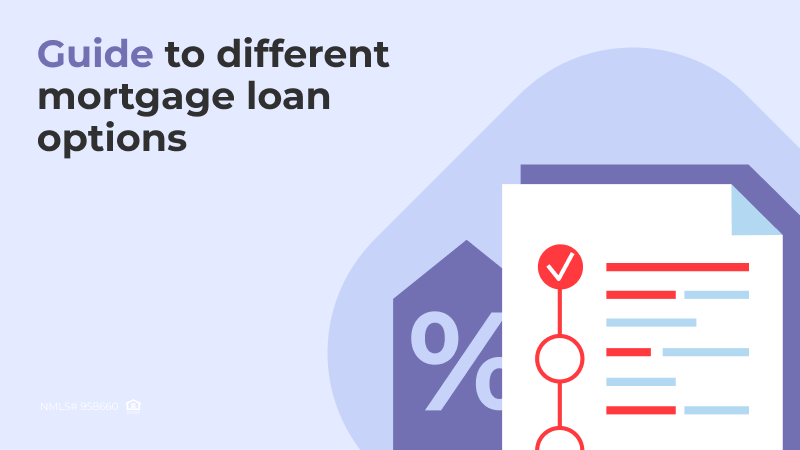Buying a home is an exciting journey, but securing a mortgage can seem daunting, especially for first-timers or those who’ve faced setbacks before. Here’s your guide to making the process smoother and improving your approval odds.
Understand the Mortgage Approval Process
Getting to know the process can demystify things. It starts with pre-qualification to give you an idea of what you might borrow, moves to a more thorough pre-approval, then underwriting where your finances are closely examined, and finally the closing, where the deal is sealed.
Steps to Take Before Applying for a Mortgage
1. Boost Your Credit Score. Your credit score is one of the most crucial factors in the mortgage process. A higher score can significantly enhance your likelihood of receiving favorable loan terms. Here’s how to improve it:
- Check for Accuracy: Annually, you can obtain a free credit report from each of the three major credit bureaus at AnnualCreditReport.com. Review these reports for any inaccuracies or errors and dispute them promptly.
- Pay Bills on Time: Late payments can negatively affect your credit score. Setting up payment reminders or automating your bill payments can help maintain a spotless payment history.
- Manage Your Credit Utilization: Try to use less than 30% of your available credit across all accounts. This shows lenders that you are not overly reliant on credit.
- Limit New Credit Inquiries: When you apply for new credit, it can temporarily lower your credit score. Avoid opening new credit lines in the months leading up to your mortgage application.
2. Lower Your Debt-to-Income Ratio. Your DTI ratio is another critical factor lenders consider. It indicates your ability to manage monthly payments and repay debts:
- Pay Down Existing Debts: Start with high-interest debts, such as credit card balances. Reducing these debts directly improves your DTI ratio.
- Avoid New Debt: Try not to take on significant new debts, such as car loans or large credit card purchases, as these will increase your DTI ratio.
- Increase Your Income: If feasible, consider ways to boost your income, such as taking on part-time work or freelancing. More income can improve your DTI ratio by widening the gap between your earnings and your debts.
3. Increase Your Down Payment. Saving for a larger down payment can affect your mortgage terms positively by reducing the loan amount and possibly eliminating the need for private mortgage insurance (PMI):
- Set a Savings Goal: Calculate the amount you need based on the price of the home you are considering and aim to save at least 20% of the home’s price for the down payment.
- Automate Savings: Direct a portion of your paycheck automatically into a savings account dedicated to your down payment. This helps build your funds consistently without needing to think about it each month.
- Cut Unnecessary Expenses: Review your budget and cut back on non-essential spending. This could include dining out less, canceling unused subscriptions, or reducing luxury purchases.
4. Gather Necessary Documents. Being organized with your paperwork can save you time and stress during the mortgage application process:
- Proof of Income: Collect recent pay stubs, tax returns for the past two years, and any other evidence of income, such as W-2 or 1099 forms.
- Proof of Assets: Prepare recent statements from your banking, investment, and retirement accounts.
- Credit Information and Employment Verification: Though lenders will check your credit themselves, having this information on hand can help you ensure accuracy. Also, have recent pay stubs or an employment verification letter ready to confirm your current employment status.
- Identification: Make copies of your government-issued ID, such as a driver’s license or passport.
5. Shop Around for Lenders. Different lenders offer different rates and terms, so it’s beneficial to compare:
- Compare Loan Offers: Don’t just look at the interest rates; consider other aspects like fees, loan terms, and down payment requirements.
- Check Reviews: Look up customer reviews and ratings for lenders. A lender with positive feedback in terms of customer service and handling of the application process can provide a smoother experience.
- Understand Loan Types: Make sure you understand the types of loans each lender offers and that they suit your needs. For example, some might offer better terms for FHA loans, while others might be competitive in conventional loans.
By following these detailed steps, you’re not only strengthening your mortgage application but also positioning yourself to receive the best possible terms, which can save you money and stress in the long run.
Why These Steps Matter
Each step helps you present yourself as a low-risk, well-prepared applicant. Whether improving your credit score, managing your debts, or saving for a down payment, these actions can significantly influence the terms of your mortgage and your success in securing one.
Consult a Mortgage Advisor
For tailored advice, consider consulting with a mortgage advisor. They can help you navigate the complex world of mortgage products and ensure you get the best possible terms.
Conclusion
By taking these proactive steps, you’re not just improving your chances of mortgage approval; you’re also positioning yourself to secure favorable loan terms. So, start reviewing your finances, improving your credit, and connecting with mortgage professionals to move closer to owning your dream home.




